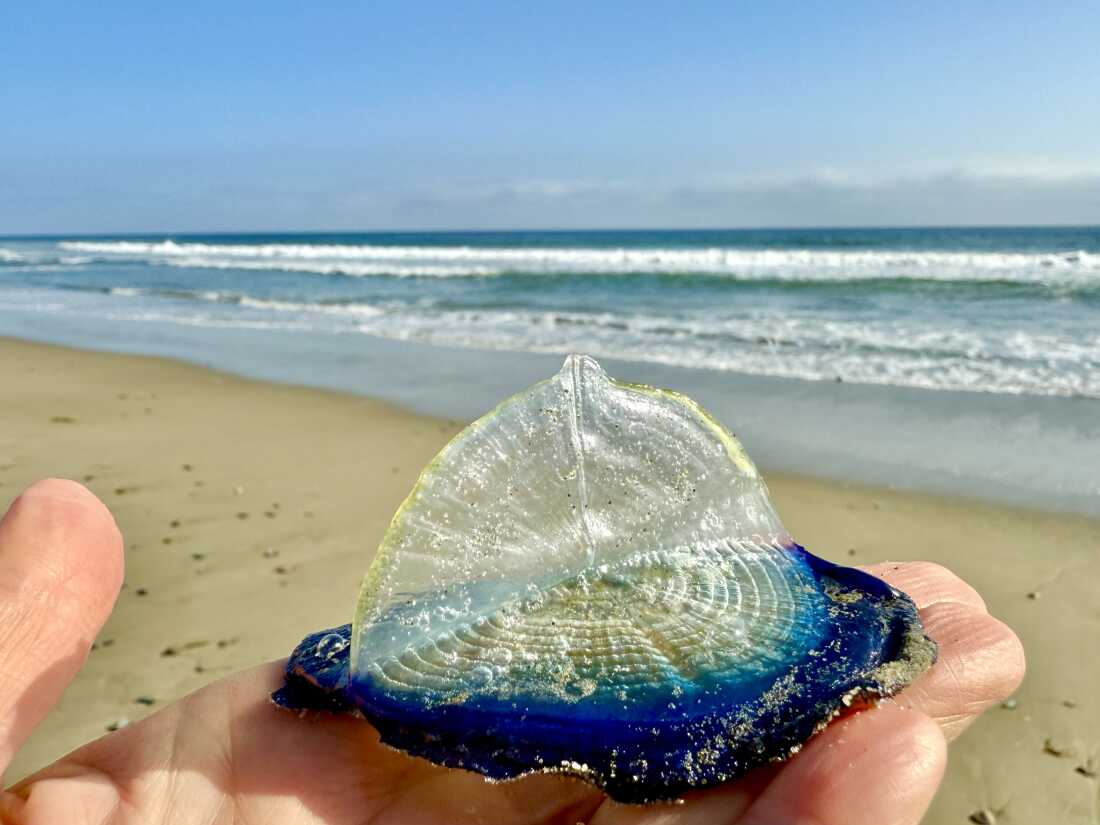Executive Summary
- Expeditions led by the Schmidt Ocean Institute and the Australian Antarctic Program Partnership uncovered rare and unique marine life in previously inaccessible regions of Antarctica.
- The retreat of glaciers, such as the Denman Glacier, provides new opportunities to study previously hidden ecosystems and the impact of climate change.
- The discoveries highlight the importance of continued scientific exploration and conservation efforts in Earth's most remote regions, potentially leading to breakthroughs in various scientific fields.
Event Overview
Recent scientific expeditions to Antarctica have unveiled previously unseen deep-sea ecosystems and rare marine life, made possible by the retreat of massive icebergs and glaciers. Researchers from the Schmidt Ocean Institute and the Australian Antarctic Program Partnership have explored these newly accessible areas, documenting unique species like the ghost jellyfish, colossal squid, sea butterflies and a variety of other invertebrates. These discoveries provide valuable insights into biodiversity, adaptation to extreme environments, and the impact of climate change on these fragile ecosystems.
Media Coverage Comparison
| Source | Key Angle / Focus | Unique Details Mentioned | Tone |
|---|---|---|---|
| Stewartville Star | Discovery of a rare ghost jellyfish and other deep-sea creatures during an Antarctic expedition. | The ghost jellyfish can measure over one meter in diameter and possesses four distinctive ribbon-shaped oral arms that can extend up to ten meters. The expedition gained access after a massive iceberg broke away. | Informative and enthusiastic, highlighting the excitement of scientific discovery. |
| Earth.com | Unveiling of an underwater environment concealed for a century due to a large iceberg detachment. | The newly revealed site shows a maze of sponges, anemones, and other marine life occupying the seafloor 755 feet (236 meters) below the surface. Researchers used sediment cores and sampling equipment to collect evidence of how these communities develop. | Informative and descriptive, emphasizing the unique opportunity for scientific observation. |
| The Jerusalem Post | Discovery of unique marine creatures near the Denman Glacier, including sea pigs, sea spiders, and sea butterflies. | A sea butterfly, nicknamed Clio, laid eggs in one of the ship's aquariums. The Denman Glacier retreated by about 5 kilometers between 1996 and 2018. | Informative and enthusiastic, emphasizing the rarity of the discoveries and the opportunity for research. |
| The Guardian | Photographic showcase of Antarctic marine life, including trilobite look-alikes, brittle stars, and sea pigs. | Provides detailed descriptions and images of various species, including their feeding habits and adaptations. Mentions polar gigantism in Antarctic sea spiders. | Descriptive and visually oriented, highlighting the diversity and unique characteristics of Antarctic marine life. |
Key Details & Data Points
- What: Scientific expeditions have revealed rare marine life and previously hidden ecosystems in Antarctica, made accessible by the retreat of icebergs and glaciers.
- Who: Researchers from the Schmidt Ocean Institute, the University of Essex, the Centre for Environmental and Marine Studies (CESAM), the Australian Antarctic Program Partnership (AAPP), and other institutions.
- When: The Schmidt Ocean Institute expedition occurred around January 17-19, 2025. The Australian Antarctic Program Partnership expedition took place over 60 days.
- Where: The expeditions focused on the Antarctic depths, specifically the Bellingshausen Sea, near the George VI Ice Shelf, and the area off the coast of the Denman Glacier in East Antarctica.
Key Statistics:
- Ghost Jellyfish sightings: Only 118 specimens have been observed worldwide since its initial discovery over 125 years ago.
- Denman Glacier retreat: The glacier retreated by about 5 kilometers between 1996 and 2018.
- Sea Pig Depth: Sea pigs inhabit the ocean floor at depths of 1 to 6 kilometers.
Analysis & Context
The Antarctic expeditions represent a significant opportunity to study previously inaccessible ecosystems and the impact of climate change on these fragile environments. The discoveries of rare species like the ghost jellyfish, colossal squid, and various invertebrates provide valuable insights into biodiversity and adaptation to extreme conditions. The retreat of glaciers, while concerning from a climate perspective, offers a unique window into previously hidden worlds, allowing scientists to study the evolution and resilience of marine life in these regions. The research also highlights the importance of international collaboration and technological innovation in exploring and understanding Earth's most remote and challenging environments.
Notable Quotes
Being present when this ice fragment detached from the ice shelf represented an extraordinary scientific opportunity. Serendipitous moments are integral to the excitement of marine research, offering the chance to be the first to witness the untouched beauty of our world.
We didn’t expect to find such a beautiful, thriving ecosystem. Based on the size of the animals, the communities we observed have been there for decades, maybe even hundreds of years.
The team is very excited to have the little creature and to observe and care for it, so it can tell all the secrets that have been hidden.
Conclusion
Recent Antarctic expeditions have yielded significant discoveries, revealing rare marine life and providing insights into the impact of glacial retreat on deep-sea ecosystems. These findings underscore the importance of continued scientific exploration and conservation efforts in Earth's most remote regions. Ongoing research will focus on understanding the adaptation strategies of these unique species and the long-term effects of climate change on these fragile environments. The discoveries highlight the interconnectedness of Earth's ecosystems and the potential for breakthroughs in various scientific fields through the study of these extreme environments.
Disclaimer: This article was generated by an AI system that synthesizes information from multiple news sources. While efforts are made to ensure accuracy and objectivity, reporting nuances, potential biases, or errors from original sources may be reflected. The information presented here is for informational purposes and should be verified with primary sources, especially for critical decisions.









